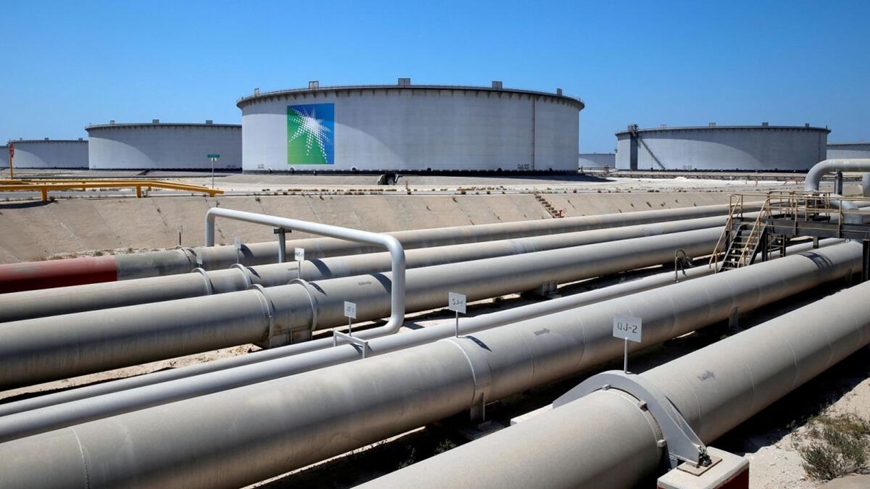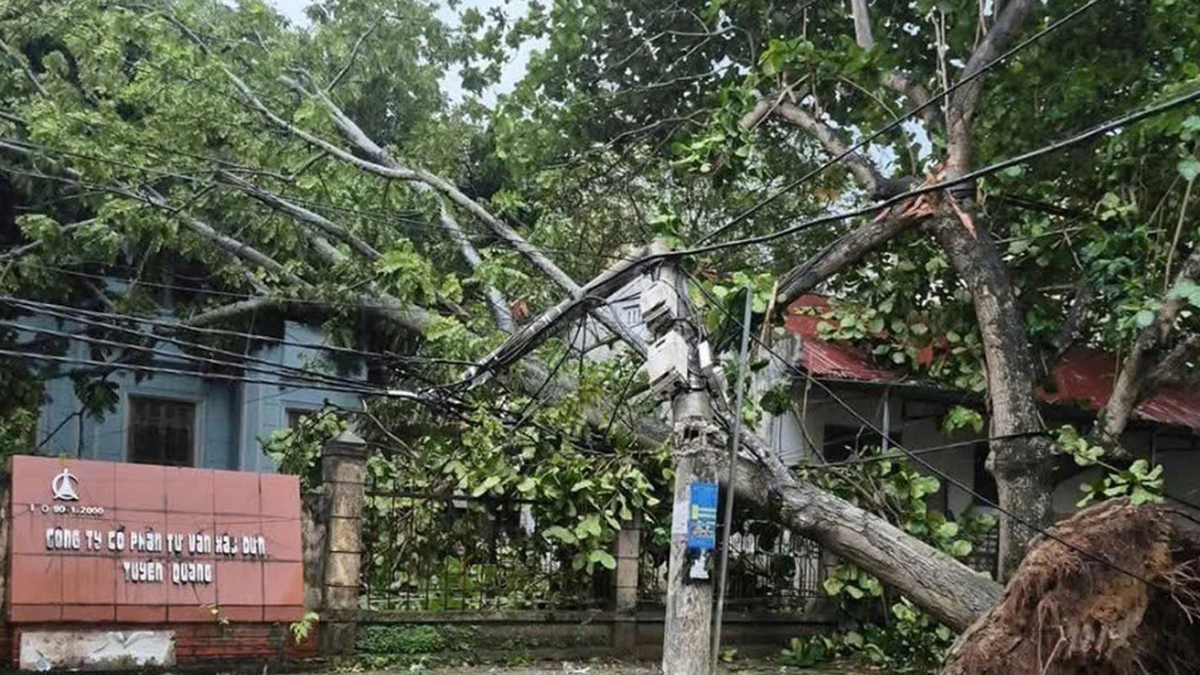On July 3, Saudi Arabia and Russia, the world's two largest oil exporters, both announced deep production cuts to prop up oil prices amid concerns about a global economic recession and the possibility of the US Federal Reserve continuing to raise interest rates.
According to Reuters, in a statement issued on July 3, Saudi Arabia confirmed that it will extend its oil production cut of 1 million barrels per day for another month, that is, until August. Accordingly, the Gulf country's oil production in July and August will be around 9 million barrels per day, the lowest level since 2011. The announcement by Saudi Arabia's Energy Minister - Prince Abdulaziz bin Salman clearly stated that the cut could continue to be extended.
On the same day, Russia also said it would continue to cut exports by 500,000 barrels per day in August as part of efforts to ensure balance in the world oil market. These are the latest moves by countries belonging to the Organization of the Petroleum Exporting Countries and partners (OPEC +) to stabilize the "black gold" market.
 |
| Oil tanks and pipelines at Saudi Aramco's Ras Tanura Refinery in Saudi Arabia. Photo: Reuters |
Earlier in June, the world's number one oil exporter Saudi Arabia announced that it would cut its production by an additional 1 million barrels per day in July, bringing the total OPEC+ cuts since October last year to nearly 4.7 million barrels per day. However, Saudi Arabia's production cuts have not helped the oil market recover as expected.
Saudi Arabia’s move to cut production was quickly overshadowed by concerns about the economic recovery, analysts said. Recessions are looming in both the United States and Europe, while China’s economic growth is slowing. All of these factors have dragged down oil prices.
“The Saudi decision has led to a slight increase in oil prices,” said Robert Halver, a capital markets analyst at Baader Bank in Germany. “There have been much more aggressive cuts in the past that have had a real impact on oil prices. But now the global economy is so weak that these cuts are not going to have much impact.”
This is the reason why Saudi Arabia decided to extend the production cuts until August. Viktor Katona, Head of Crude Oil Analysis at Kpler, said: “Faced with declining investor confidence and increasingly tight transactions, Saudi Arabia has little choice but to extend the oil production cuts.”
Stabilizing and balancing the oil market is one of the main pillars of Saudi Arabia's energy strategy. The country has always emphasized that it is ready to do everything to stabilize the oil market. But it is likely that the latest production cut will cost Saudi Arabia a lot. With the step of cutting an additional 1 million barrels/day, oil prices must increase by 10 USD/barrel to help Saudi Arabia compensate for the loss of revenue due to the production cut. According to some news sites, Saudi Arabian officials recently had to admit that the fluctuations in oil prices may not be as expected by the country's Energy Minister - Prince Abdulaziz Bin Salman.
Some media outlets have called Saudi Arabia’s latest production cut a gamble that could backfire. Saudi Arabia may be losing market share, especially as some major Asian oil consumers are now turning to cheaper sources of oil from West Africa, Russia, and Iran.
HUNG HA
Source


































































































Comment (0)